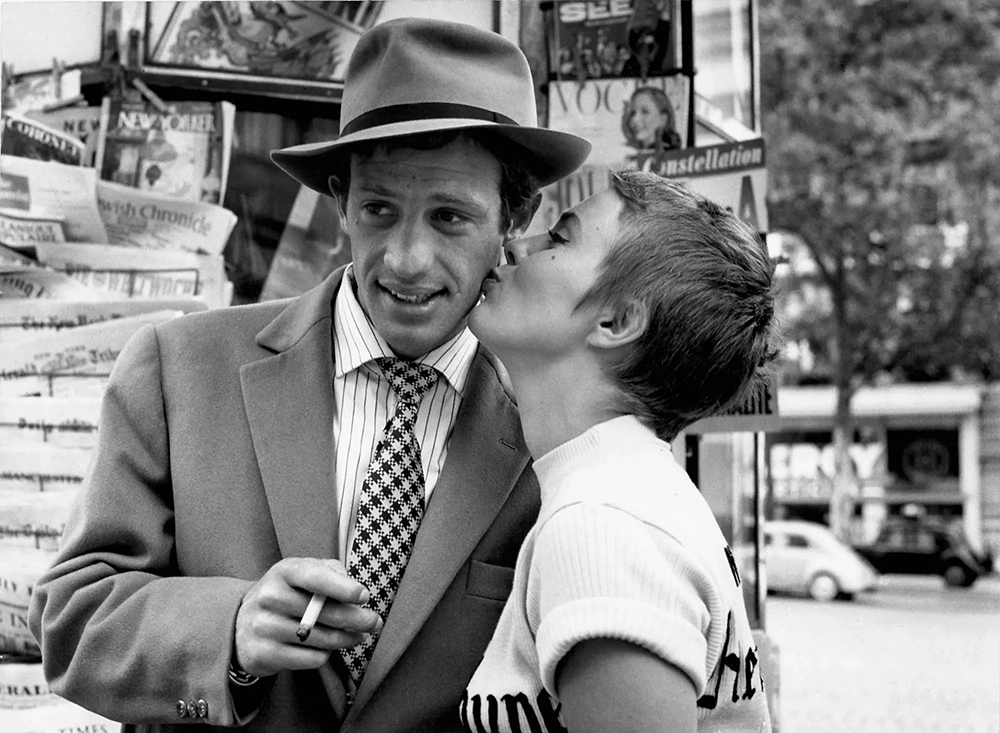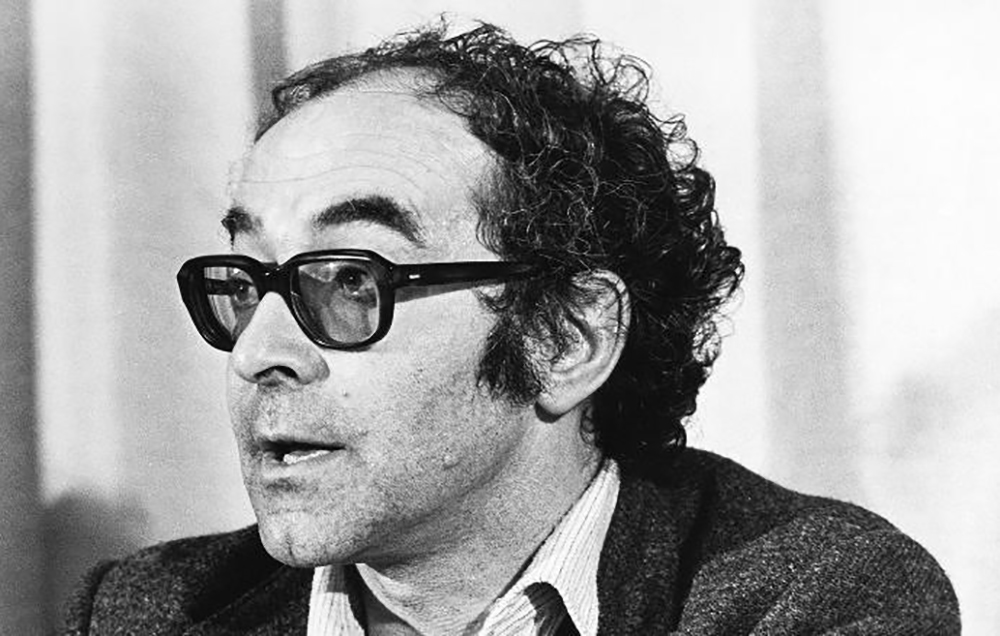A career ranging over six decades, Jean-Luc Godard’s filmmaking prowess ranges from his iconoclastic approach to the established conventions in the Nouvelle Vague of the 1960s to drastic political experimentations in the late ’60s and ’70s to an introspective and critical views of cinema itself in recent times that often times divided its audience. In one hand, many revere him as one of the pioneers to explore the possibilities of cinematic art. However, on the other hand, he is criticized for being pretentious and more a political spokesperson than a storyteller. This debate aside, Jean-Luc Godard is one of the cinema’s icons whom you can never leave out of the frame. At the age of 91, he passed away in his home in Switzerland yesterday, September 13, 2022. On this day as a tribute let’s remember the prolific career this giant of world cinema.
Born in 1930 in Paris, Godard grew up and attended school in Nyon, in Lake Geneva, Switzerland. After moving to Paris, he frequently attended the cine clubs around Paris and made a group of like-minded friends. These people later formed the famous and influential ‘Cahiers du Cinema’ — critics who initiated the Nouvelle Vague movement in the 1960s. As film enthusiasts, all these film buffs expressed their own voices, drifting away from the conventional mainstream approach of movie-making.
‘Breathless’ and Godard’s Path Forward
In 1960, Godard made his directorial debut with “Breathless.” A homage to the Hollywood noirs, he revisioned the genre with his own style. “Breathless” created a wave around the world. Writing about the movie great, film critic Roger Ebert once wrote, “No debut film since “Citizen Kane” in 1942 has been as influential as Breathless.”
Despite all the praises and recognition, Godard had his typical ‘doubt everything’ attitude and he maintained this throughout his lifetime. For example, during the 1960 Cannes Film Festival, two months after the release of “Breathless,” his first feature, Jean-Luc Godard told an interviewer, “I have the impression of loving cinema less than I did a year ago—simply because I have made a film, and the film was well received, and so forth. So, I hope that my second film will be received very badly and that this will make me want to make films again.”

How eccentric it may seem, exactly that happened to his next film, “Le Petit Soldat.” Based on the Algerian War of Independence, the film got banned for three years by the French government. Dealing with the subject of the French government using methods of torture to suppress the resistance, Godard made clear his political stance as a concerned intellectual through his cinematic works. This grew in the later years, when he first shut the whole Cannes Film Festival down as gesture of solidarity with the students and workers protest in May 1968. He subsequently went on to make more political films, shifting from his earlier cinephile approach in movie-making.
A Legacy of Rebellion to Carry Through Time
Throughout the late 1960s and ’70s, he made politically-leaning films with a group of directors called the ‘Dziga Vertov Group’. But as the 1980s came, he transitioned himself to a more contemplative study of cinema and its effect on people. And as the new millennium comes, his artistic expression broke the boundaries to explore a new medium – video.
A prolific visionary, who always urged us to doubt every established notion (and whose works range a wide variety of experimentations), Godard can’t be put in simple terms. He was a rebel throughout his life, and that rebellion can be seen through his cinema without any pause. And perhaps to carry forward the rebellion through time is the greatest tribute one can give to him.
Support the Site: Consider becoming a sponsor to unlock exclusive, member-only content and help support The Movie Buff!

